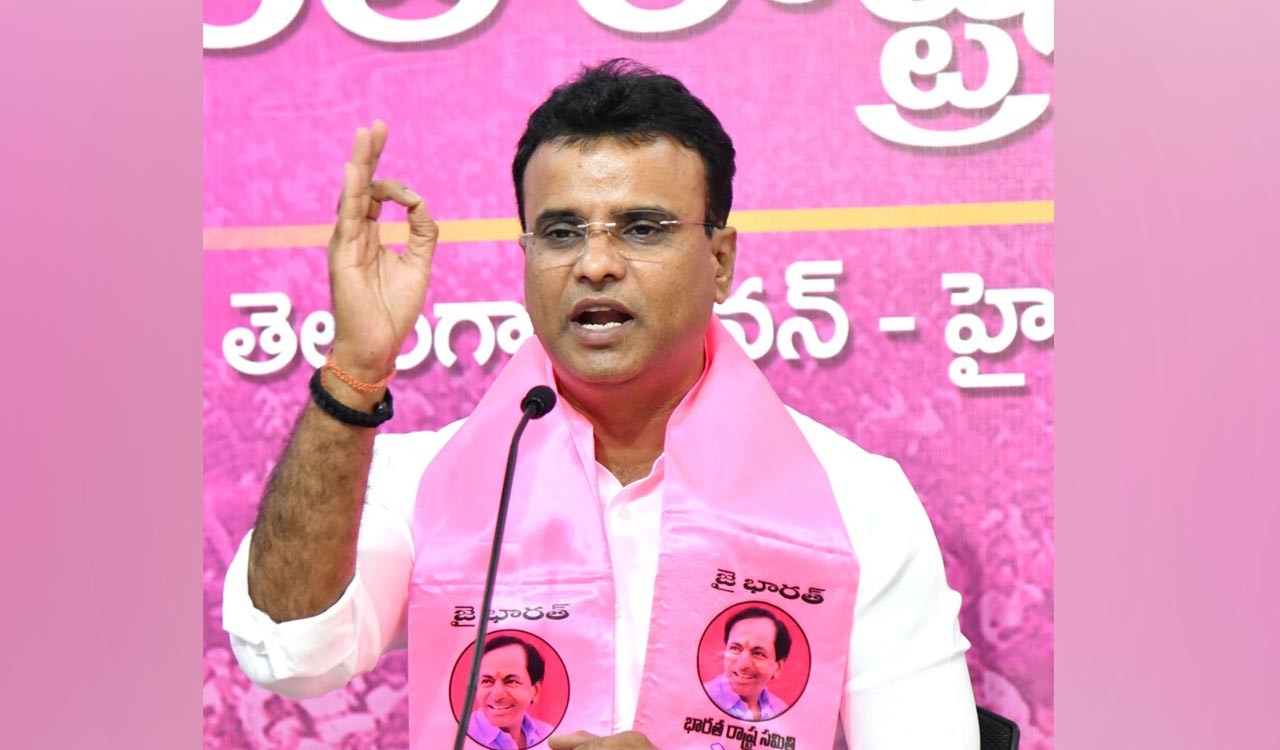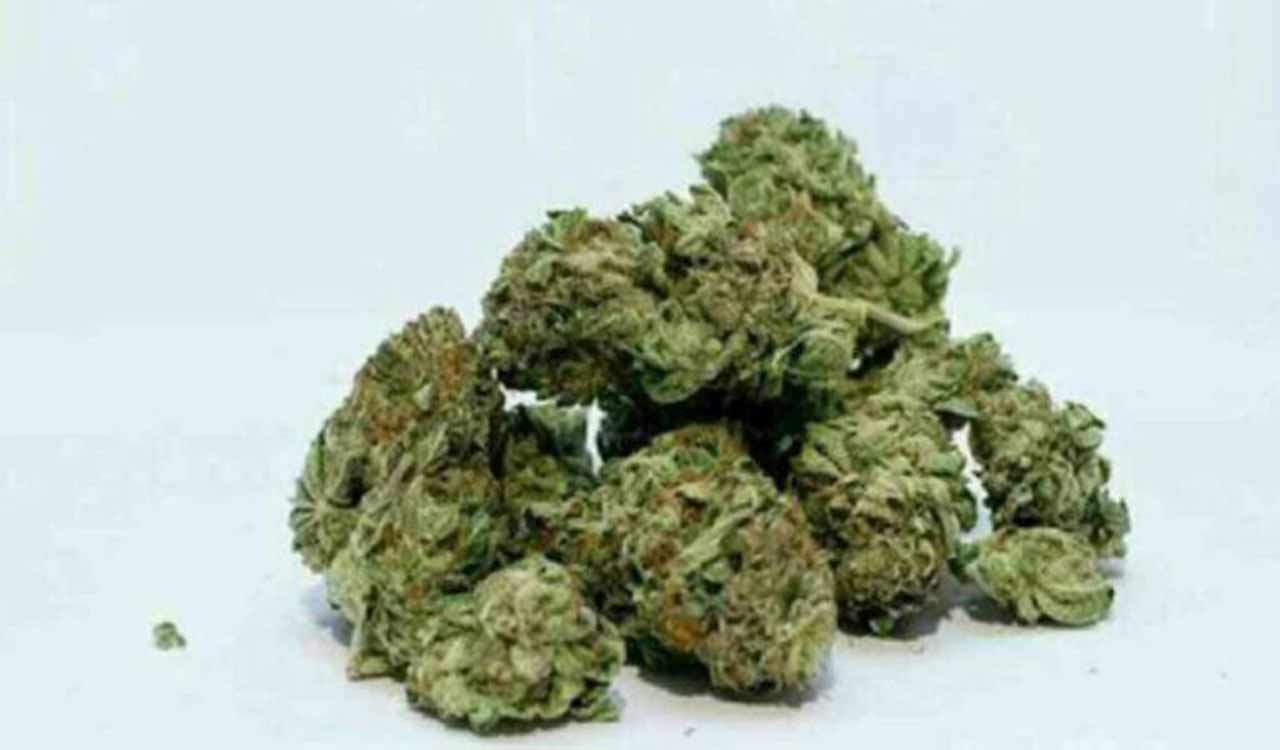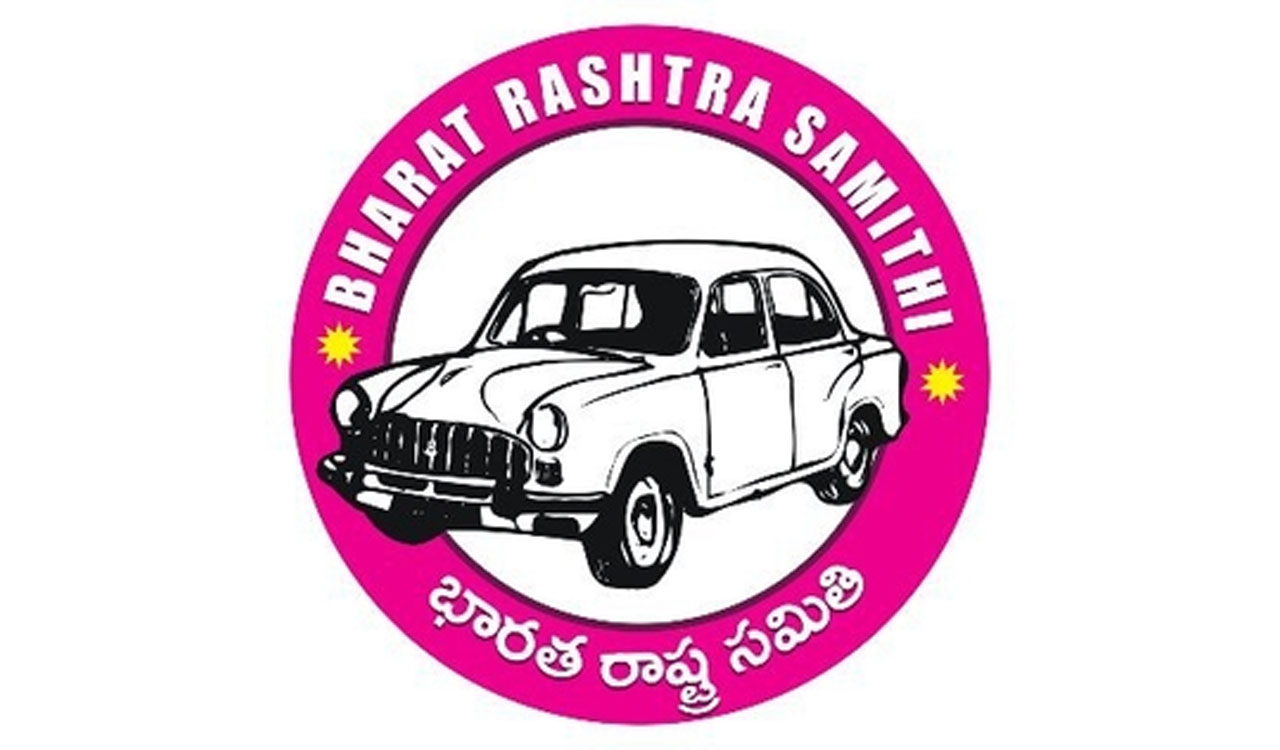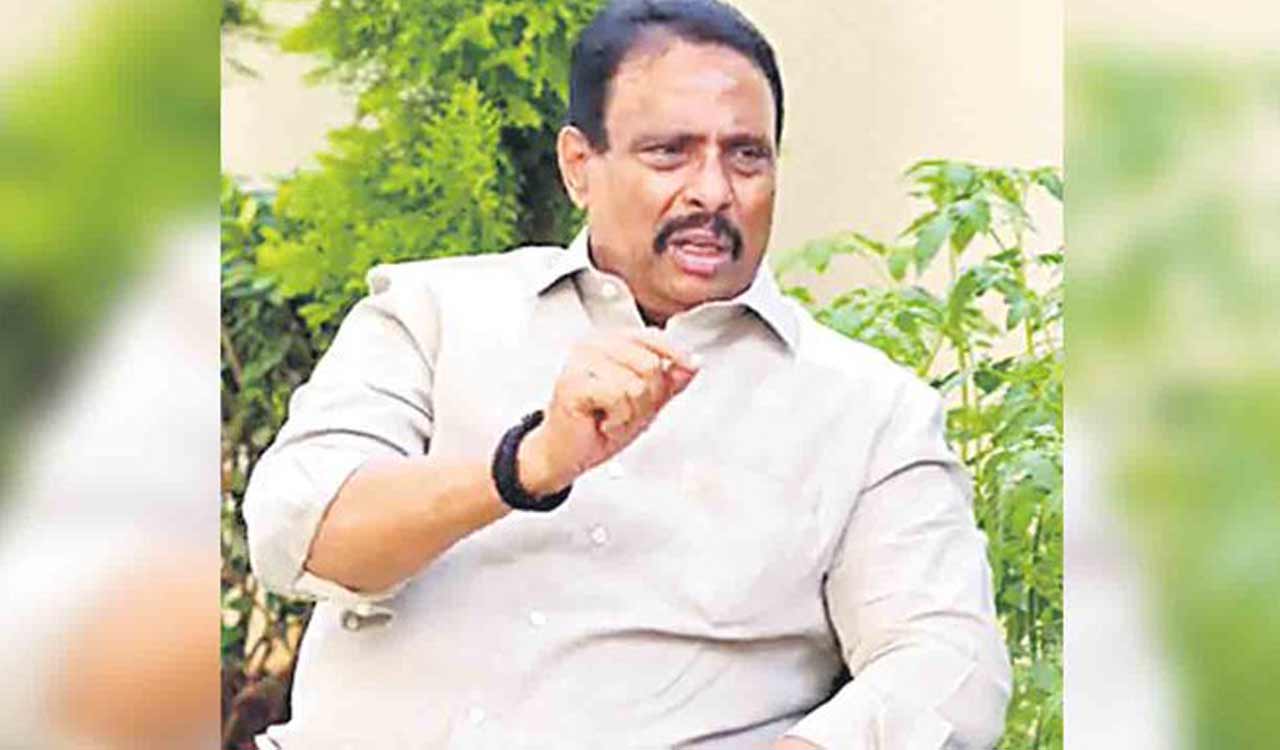Patent waiver will just be a moral win
It’s a case of misplaced optimism to expect IP waiver alone to provide quick and universal access to Covid vaccines
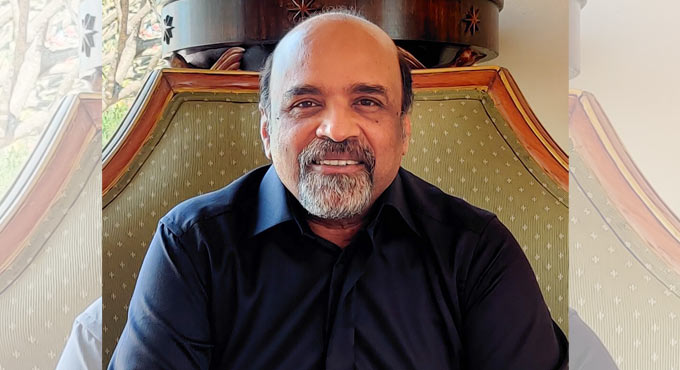
The proposed waiver of patent protections for the Covid-19 vaccines is widely seen as a triumph of morality over profiteering, victory of human values over commercial considerations. When the once-in-a-century pandemic, wreaking havoc with human lives across the world, presented a stark choice between protecting a patent regime that safeguards the interests of powerful multinational corporations and saving millions of lives in poorer countries by temporarily waiving the patent rights, the global community has made the right choice, a choice that is a historical necessity.
What tilted the scale was the decision of the United States to support the waiver of Intellectual Property (IP) protection rules on the vaccines. This was hugely significant, given that America had always sided with pharmaceutical companies in the past and worked to protect their IP.
Symbolic than Substantive
However, one needs to hold back celebrations. If the goal is to achieve vaccine equality, it is still a long way to go. And, the path is littered with many obstacles, some of which might take years to overcome. The temporary waiver may be more of a symbolic value than a substantive one at this stage. It would be a case of misplaced optimism to expect that patent waiver alone can help in providing quick and universal access to the life-saving vaccines.
There is no doubt that America’s endorsement of the proposal to waive IP rights constitutes a “monumental moment”, in the words of the World Health Organisation (WHO) chief Tedros Adhanom Ghebreyesus, in the fight against the pandemic, but it is only a beginning; a valuable first step, not a panacea.
A plethora of challenges — securing all the key vaccine components, setting up factories in compliance with the standards of modern vaccine making, availability of raw materials, training people and passing relevant domestic laws — needs to be addressed.
Where are the Chefs?
Patents give innovating firms a short-term monopoly on production and pricing to cover the costs of development and encourage investment. Waiving patent rights essentially means that any enterprising pharma company can freely manufacture a vaccine for Covid-19, making it more accessible — particularly in poorer countries.
However, patent laws alone is not the problem plaguing the vaccine market today. We do not have enough manufacturing capabilities. In countries like India, the manufacturing capacity does exist but the production of modern vaccines, particularly those with mRNA technology, requires specific expertise, infrastructure and training.
Moreover, vaccines are not just a single patent affair but involve a complicated web of patents; the companies involved in the manufacturing process of the vaccines or the supply chain may own other patents.
It is like getting a recipe for a dish from an open source but falling short of master chefs to prepare it. It is not only the drugs and medical equipment like ventilators which are needed, but also essential technologies such as copyright-protected virus-tracing software.
A more practical way of addressing the issue is through a system of licensing agreements, whereby the vaccine makers can share their know-how. This would allow vaccines to be made by many more companies and ensure better oversight and production and safety standards.
Not a Silver Bullet
While the standard argument by the pharma industry against patent waiver is that it would stifle innovation and hamper future investments into R&D, some researchers also argue that temporary relief from patents won’t necessarily speed up manufacturing or supply.
The supporters of the waiver proposal — India and South Africa being the frontrunners — argue that the need to waive IP protections has acquired a sense of urgency, given the growth of Covid cases in low and middle-income countries, which have been largely left without the huge shipments of vaccine already purchased by wealthy countries.
But we must remember that patents alone don’t magically produce vaccines. Once the WTO clears the waiver proposal, the earliest the world can expect to see additional capacity flowing from the waiver would be in the later part of 2022.
The biggest barrier to increasing the global vaccine supply is the lack of raw materials and facilities that manufacture the billions of doses the world needs. The temporary waiver can only be one small part of a larger package. Wealthy countries like the US must directly invest in vaccine manufacturing in low-income countries. It must be done at warp speed.
Poor Nations in Lurch
The world needs around 11 billion doses to immunise 70% of its population. The poorer nations — which account for 80% of the global population — so far have access to less than one-third of the available vaccines.
One reason for this imbalance is that wealthier countries have been able to place substantial advance orders with the vaccine makers, a majority of them are based in richer countries. Unless manufacturing and supply can be distributed more evenly, researchers forecast that it will be at least another two years before a significant proportion of people in the lowest-income countries are vaccinated.
This is why around 100 countries are asking the WTO members to endorse the lifting of Covid-19 related IP rights. Their contention is that the vaccine developers should share their knowledge so that more countries can start producing vaccines for their own populations and for the lowest-income nations.
The IP waiver would send a powerful message from richer countries and pharmaceutical companies that they are willing to forgo some profit for the greater good. Moreover, many companies have already benefited from billions of dollars in public funding through both R&D and advance purchase agreements. And, once the pandemic is over, IP protections can be restored.
The strongest argument for a temporary waiver is that patents were never designed for use during global emergencies such as wars or pandemics. There are times when competition helps research and innovation; there are also times when it needs to be set aside for the greater good. There is no better time than the once-in-a-century pandemic to demonstrate global solidarity to save human lives.
(The author is a senior journalist based in Hyderabad)
Now you can get handpicked stories from Telangana Today on Telegram everyday. Click the link to subscribe.
Click to follow Telangana Today Facebook page and Twitter .
Related News
-
Disqualification of BRS turncoat MLAs inevitable, elections soon, says KP Vivekanand
-
Hyderabad: EAGLE Force arrests man with 28 kg ganja at Abdullapurmet
-
BRS Impact: TSHRC orders immediate restoration of water, power, for Dalits in Hanamkonda
-
Speaker concludes hearing on disqualification petition against Danam Nagender
-
Municipality withdraws permission for prayers in government building in Uttarkhand
10 mins ago -
India AI Impact Summit 2026 positions AI as national infrastructure
18 mins ago -
Trump weighs limited military strike on Iran over nuclear deal
25 mins ago -
Odisha government reviews protection of Lord Jagannath temple lands
8 hours ago -
Iran holds military drills with Russia as US carrier moves closer
9 hours ago -
This is taxpayers’ money: Supreme Court raps freebies culture
9 hours ago -
Hyderabad: Residents oppose Gandhi Sarovar Project over ‘forcible’ land acquisition
9 hours ago -
Australia level series as Indian women slide to 19-run defeat in second T20I
10 hours ago


